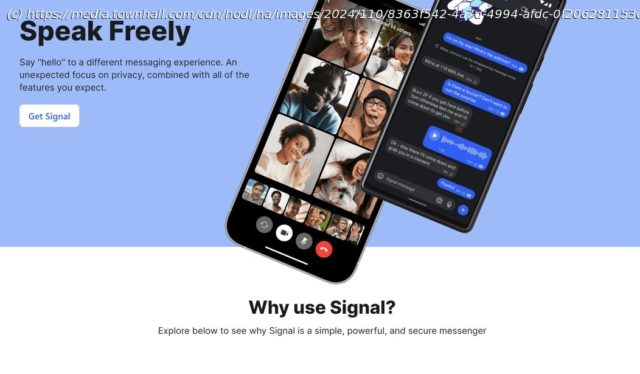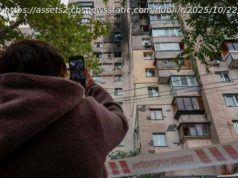Array
Maybe you’ve seen this already. It seems to be everywhere today so we might as well talk about it. Just over a week ago the Trump administration announced a series of strikes on the Houthis in Yemen.
The US has launched a « decisive and powerful » wave of air strikes on Houthi rebels in Yemen, President Donald Trump has said, citing the group’s attacks on shipping in the Red Sea as the reason.
« Funded by Iran, the Houthi thugs have fired missiles at US aircraft, and targeted our Troops and Allies », Trump said on social media, adding that their « piracy, violence, and terrorism » had cost « billions » and put lives at risk.
Planning for the strike had been carried out secretly the week before but in this case something appears to have gone wrong. Mike Watlz, the Trump administration’s national security adviser, accidentally added Atlantic journalist and editor Jeffrey Goldberg to a Signal chat where the strike was being discussed. Today Goldberg wrote about the experience, describing in detail how he was added to the chat and initially thought it was a hoax.
On Tuesday, March 11, I received a connection request on Signal from a user identified as Michael Waltz. Signal is an open-source encrypted messaging service popular with journalists and others who seek more privacy than other text-messaging services are capable of delivering. I assumed that the Michael Waltz in question was President Donald Trump’s national security adviser. I did not assume, however, that the request was from the actual Michael Waltz. I have met him in the past, and though I didn’t find it particularly strange that he might be reaching out to me, I did think it somewhat unusual, given the Trump administration’s contentious relationship with journalists—and Trump’s periodic fixation on me specifically. It immediately crossed my mind that someone could be masquerading as Waltz in order to somehow entrap me. It is not at all uncommon these days for nefarious actors to try to induce journalists to share information that could be used against them.
Two days later—Thursday—at 4:28 p.m., I received a notice that I was to be included in a Signal chat group. It was called the “Houthi PC small group.”
Goldberg then kept quiet and the next morning, Friday, a discussion played out about among a small group of top administration officials, including VP Vance, whether or not this was the best time for a strike on the Houthis.
At this point, a fascinating policy discussion commenced. The account labeled “JD Vance” responded at 8:16: “Team, I am out for the day doing an economic event in Michigan. But I think we are making a mistake.” (Vance was indeed in Michigan that day.) The Vance account goes on to state, “3 percent of US trade runs through the suez.
Home
United States
USA — mix Why Was the Atlantic's Jeffrey Goldberg Added to a Signal Chat About...






